In early 2015, the Maltese Government introduced the Drug Dependence (Treatment not Imprisonment) Act, the purpose of which was to provide a framework to tackle the personal possession of small quantities of prohibited drugs through the administration of fines, treatment and rehabilitation. The passage of this Act triggered a debate within the National Centre for Freedom for Addictions, a branch of the President’s Foundation for the Wellbeing of Society, regarding the possible impact of increased drug-use on behaviours such as driving.
It was immediately apparent, a statement from the Office of the President said, that the topic of drug-driving was one that deserved particular attention given the risks it poses to both to the drug-user, as well as society as a whole. The relevance of drug-use in the context of driving has also been highlighted at EU-level with drug-driving (together with drunk-driving) considered as one of the three main ‘killers’ in terms of road fatalities.
To provide a timely response to the new Maltese legislation, the Centre embarked on a research project to gain a better understanding of the status of drug-driving policies across the EU, with particular reference to a few Member States including Belgium, Norway, the United Kingdom and France. A comparison was then drawn between approaches to counter drug-driving in these countries and the situation on a National level. The analysis was structured in a systematic way, focusing on four main areas of the policy-making and policy-implementation processes: scientific evidence; policies and legislation; enforcement; and sanctioning. A set of ten recommendations, specifically related to these four areas, was developed for consideration by Maltese authorities and stakeholders. These are presented below.
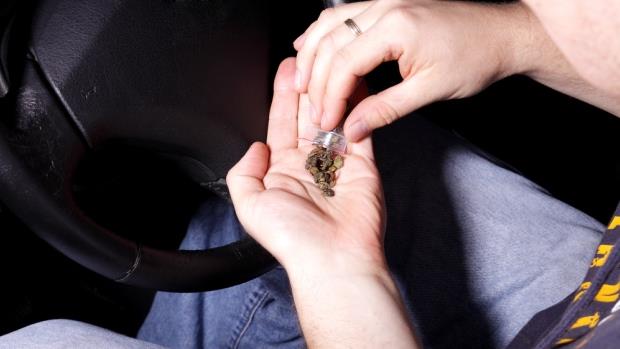
Recommendations related to scientific evidence
Recommendation no. 1 - Malta should implement research studies to understand the prevalence of drug-driving in the local population and its influence on road accidents.
The ability to formulate evidence-based policies tailored to the local context rests on the availability and the quality of scientific data describing the drug-driving problem. Unfortunately, national-level data on deaths resulting from drug- (and drunk-) driving is currently unavailable.
National studies to identify which substances are of greatest concern, how these are being used by drivers, and how they are ultimately affecting road safety on a local level are urgently needed. Malta could adopt an approach similar to that used in France in the early 2000s and pass legislation to enable the collection of data in the context of a national study on drug-driving. Bringing this to fruition would require significant political will as well as far-reaching stakeholder engagement.
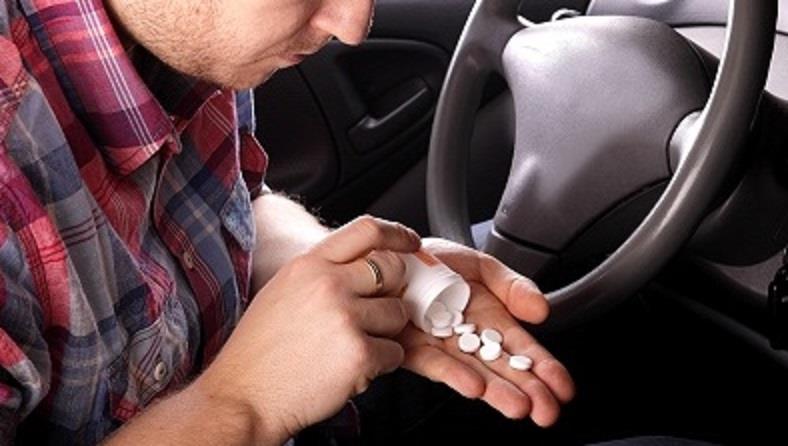
Recommendation no. 2 - Data relevant to drug- (and drunk-) driving should be housed in a dedicated central repository.
A central repository for relevant statistics should be set up before (or in parallel to) any changes in legislation/enforcement measures related to drug-driving are put in place and a decision would need to be made regarding the appropriate authority or Ministry to house such a database. In France, data was collected by the Central Observatory on Drugs and Drug Addiction (OFDT) for the purposes of the research study implemented between 2001 and 2003. In Norway, the Norwegian Institute of Public Health receives all blood samples related to drug-driving.
The decision on the appropriate Ministry or entity to house such a repository may need further discussion. However, there will definitely need to be exchange of information between a number of stakeholders, including the National Addictions Advisory Board, the Malta Transport Authority, the National Statistics Office, and the Directorate for Health Information and Research, and the National Focal Point on Drugs and Drug Addiction, to name a few. Issues related to the maintenance and protection of this data would also need to be tackled.
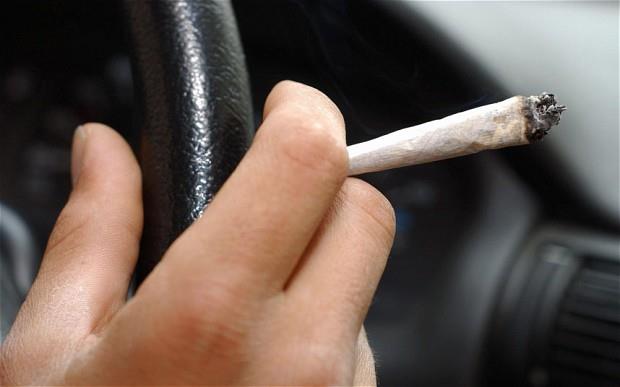
Recommendations related to Policies and Legislation
Recommendation no. 3 – Malta should adopt a two-tier system whereby per se limits for a defined list of ‘problem’ drugs are available but prosecution on the basis of impairment remains possible.
There are two main legislative options to tackle the drug-driving problem: an ‘impairment approach’ or a ‘per se approach’. Implementing and enforcing impairment legislation requires the provision of evidence showing that the driving abilities of the driver were impaired when he/she was stopped by traffic police, as well as evidence that a psychoactive substance was present in the driver’s body. In the case of per se legislation, an offence is committed if the concentration of a substance in a driver’s body has reached or exceeds a legally-prescribed threshold.
In recent years, countries are developing per se legislation to tackle drug-driving by developing legal thresholds for a specific list of illicit (and sometimes, legally-prescribed) drugs. Adopting a per se approach for a group of ‘problem drugs’ while retaining an impairment approach that serves to counter any form of impairment while driving (a ‘two-tier system’) has been recommended in EU-level fora. However, the process of deriving legal limits can be a complex affair. Some countries, including Norway and the United Kingdom, have engaged advisory boards or expert panels to help with the establishment of legal thresholds, and have also arranged nation-wide consultation processes. It is also imperative for such thresholds to be acceptable to the general public as this will contribute to greater compliance with the law.
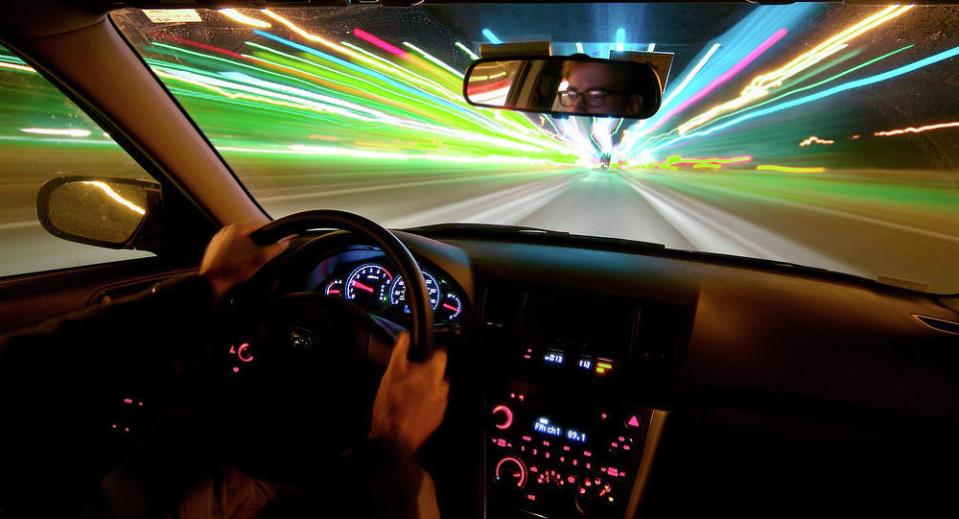
Recommendation no. 4 – Road safety objectives should not be confused with the general policy concerning drug-use, however, consideration should be given to how other legislation may influence the implementation of ‘per se’ drug-driving legislation.
Given the relationship between drug possession and drug-driving, consideration needs to be given to how the Drug Dependence Act could affect or influence the implementation of future drug-driving legislation. One possible scenario is that the Act would be perceived by the public as constituting more ‘lenient’ sanctioning of drug-possession, which may, in turn, result in an increased incidence of drug-driving in the general population. This could justify the implementation of more stringent drug-driving legislation that counters the potential negative impact on road safety, and that could also act to deter drug-use in general.
Apart from the impact of general drug laws on road safety, there is also another point that Maltese legislators need to consider. In some countries, including the United Kingdom and Belgium, the results of drug tests taken in the context of proving a drug-driving offence cannot be used as evidence to support other charges related to drug possession. This approach has also been recommended in the literature. Should per se legislation be introduced, Maltese legislators would need to consider whether the recommended separation of the two charges, as has been done in other Member States, would also need to be made in local proceedings.
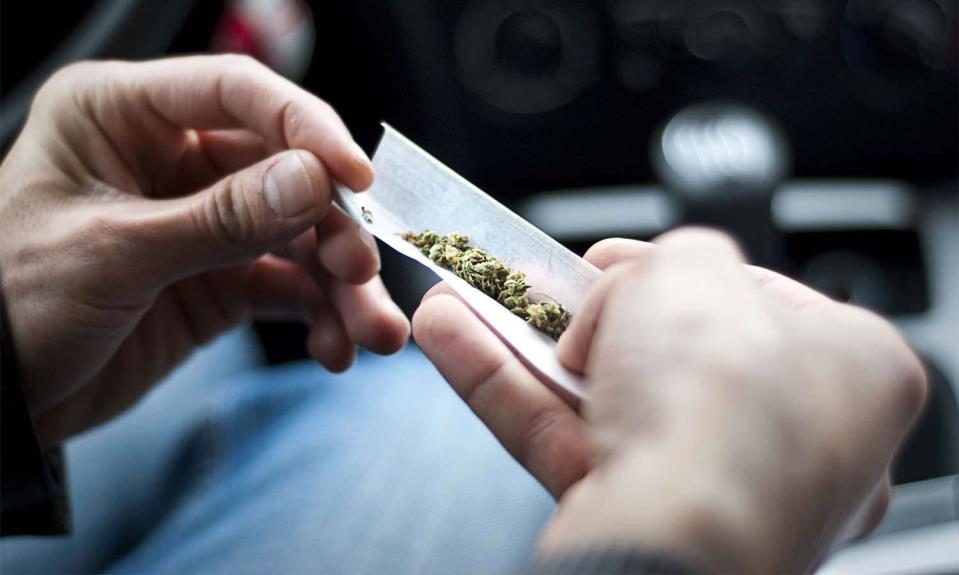
Recommendation no. 5 - The implementation of any new laws needs to be evaluated and legislation must be amended/improved when problems are encountered
Following the early experience with the implementation of legal thresholds to tackle drug-driving in the United Kingdom and France, it is evident that any new law would be met with some resistance and ‘teething problems’. The lack of evaluation processes to monitor the impact of drug-driving legislation has been highlighted in the literature, and is one of the main factors hindering progress in this field. Should Malta decide to adopt per se legislation for drug-driving, a system would need to be set up to monitor the implementation of this law and to ensure that it can achieve the goals set by government. Monitoring would include the collection of statistics, as well as a compilation of reports on the progress of implementing any enforcement measures. The network of Ministries/agencies responsible for the evaluation of legal measures would need to be defined, however, this would definitely include the Transport Authority, the Malta Traffic Police, the Department for Health Information and Research and the National Coordinating Unit on Drugs and Alcohol.
Recommendations related to Enforcement Measures
Recommendation no. 6 – Malta should consider the introduction of road-side drug screening using hand-held devices and update drug-testing procedures in the relevant laws and regulations.
The introduction of road-side screening for drugs can significantly improve the enforcement of drug-driving legislation irrespective of whether an impairment approach is retained or ‘enhanced’ through the introduction of per se limits. Road-side screening can enhance the confidence of traffic police and increase the efficiency of the enforcement and sanctioning processes. Furthermore, the implementation of road-side oral fluid testing for drugs has been found to be cost-beneficial in countries where the existing level of enforcement is low, as is the case in Malta.
A national-level cost-benefit analysis could help inform the formulation of rules governing enforcement approaches. The role of the national toxicology laboratory (which is currently not accredited to perform forensic drug-testing of biological specimens), the availability, specificity and sensitivity of both hand-held devices as well as laboratory equipment, and the role of medical professionals (specifically-assigned by the police) as part of the drug-testing process would also need to be discussed. In terms of the involvement of medical professionals, separation of the patient care processes and law enforcement procedures should be maintained.

Recommendation no. 7 – Training of all players involved in the detection procedure should be mandatory.
Although detection of impairment through toxicological testing can simplify matters, many countries including Norway, the United Kingdom, and Belgium, still consider the use of behavioural tests as an integral part of enforcing drug-driving legislation. Training in the recognition of the physical signs of impairment should be instituted and complement any sessions to instruct traffic police in the use of hand-held screening devices.
Training should also extend beyond the police force, and include any other professional that may be involved in determining driving impairment due to drugs, for example, physicians and toxicologists. Such training should be guided by the legislation and any procedures put in place to standardise the detection process from initial screening to confirmatory testing and then reporting (possibly in a court sitting).
Recommendation no. 8 – Malta should explore opportunities to exchange information and learn from the early experiences of new legislative and enforcement measures being implemented in other Member States.
There exist a number of opportunities for Malta to learn and exchange ideas with Member States that have made changes in drug-driving legislation in recent years. Talks at bilateral level, as well as exchanges within dedicated fora (such as those hosted by the European Traffic Police Network, TISPOL), should be pursued.
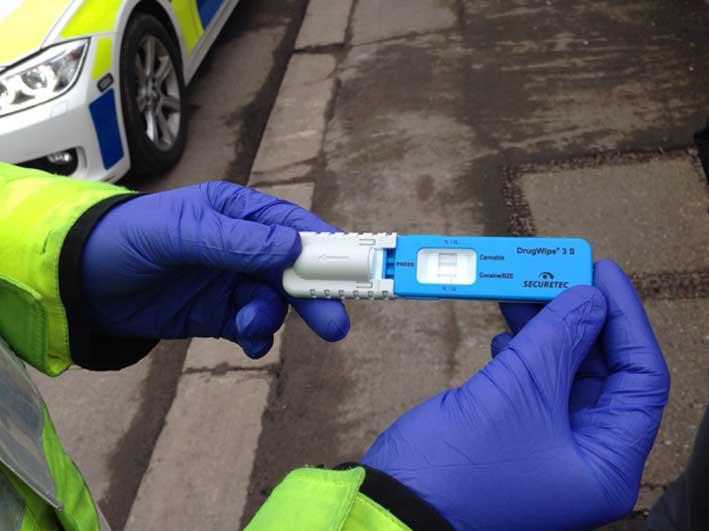
Recommendations related to Sanctioning
Recommendation no. 9 – Malta needs to explore the best sanctioning options available to deter drug-driving on a local level by involving all stakeholders.
Given the variation in the sanctioning procedures used in other Member States as well as the limited evidence on the effectiveness of these approaches to deter drug-driving, Maltese authorities should consider developing a procedure tailored to the local context. The type of penalties that would need to be imposed, their potential general and special deterrence effects in the case of drug-driving (which may be different from drunk-driving), and how the penalties would be imposed (e.g. through judicial or administrative procedures), are all matters that need to be discussed. The stakeholders that should be involved include the Police, the Justice Ministry, the National Coordinating Unit on Drugs and Alcohol and the agencies and not-for-profit organisations involved with the provision of services to drug users/abusers. The general public should also be consulted, as the social acceptance of the sanctions being proposed has a huge impact on the compliance of the public with drug-driving laws.
Recommendation no. 10 – Malta should consider the implementation of better procedures targeted at problem drug users and drivers using substitution treatment.
Problem drug users should be targeted with specific and tailored approaches to reduce their risk of engaging in drug-driving behaviour. When drivers who are caught drug-driving are recognised as having problems with addiction, the implementation of any sanction should be coupled with a referral of the driver to a treatment service. If the sanction involves revocation of the driving licence, earlier re-instatement of the licence can then be considered if the driver shows progress in his/her treatment. The re-granting procedure should be coupled with a medical assessment that is repeated on a regular basis to ensure compliance with the law.
For those on substitution treatment, individual assessments of fitness to drive should also be implemented and repeated on a regular basis to seek assurances regarding continued abstinence from the concomitant use of other drugs. The risks and benefits of conditional licences versus (full) revocation of driving licences in drivers using opioid detoxification services would have to be weighed up, and further research, even on the local level, may be needed to clarify the mixed and inconclusive findings of the influence of methadone on driving ability in persons on long-term substitution treatment.
A note on Education and Prevention Approaches
One issue that is of great concern is the lack of awareness among the general public of the potential impact of drug-taking on driving ability, and the potential multiplicative effect of mixing different drugs or drugs and alcohol. Educational approaches that raise awareness of the effects of psychoactive substances on the ability to drive are needed in order to improve this situation. The launch of mass media campaigns is one approach, but, to be effective, these need to be shaped around the audience being targeted and on the issues most pertinent on a local level. Furthermore, educational approaches need to involve young people, as well as families, schools and health practitioners, in an effort to bring about a change in mentality, as well as a change in behaviour. Propagation of ‘anti-drug-driving’ messages could also help increase the social disapproval of this specific behaviour. This phenomenon has already been observed for drunk-driving, and has been found to have a significant general deterrent effect on drivers.
In terms of the prevention of drug-driving behaviour, a number of measures have been put in place or recommended to prevent individuals from driving while under the influence of drugs that could also be emulated in the local context. These measures include:
· Increasing the availability and use of public or alternative means of transport, particularly by young people on weekend nights;
· Identification of potential drug-drivers in recreational settings and involvement of the managers and owners of such places in the implementation of prevention campaigns; and
· Including drug awareness training as part of the driving licence course and training of driving school operators on drug-driving so that they can propagate prevention messages and sensitise their students.